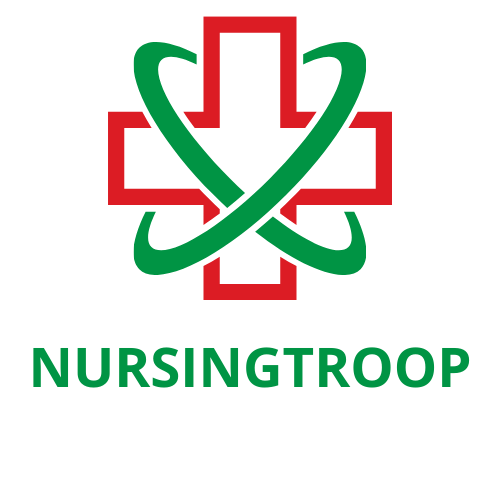Working as an RRT Nurse is an exciting and rewarding career choice. Many people want to know more about the term RRT and RR nurse. Let’s take a closer look at what it takes to be an RRT Nurse and the duties and responsibilities they are responsible for. This post will give all the essential information.
Table of Contents
What is an RRT Nurse?
An RRT, Rapid Response Team Nurse, is an experienced, specialized nursing professional trained to respond quickly to medical emergencies. RRT Nurses are specially trained to respond quickly to emergencies in the hospital, providing advanced care for critically ill or injured patients.
RRT Nurses are typically deployed in hospitals or other healthcare settings when there is an urgent need for additional medical care or assistance with critical patient situations. These nurses provide lifesaving interventions that help stabilize patients who may be in distress.
What is the difference between Rapid Response Team Nurse vs. Rapid Response Nurse?
Rapid Response Team Nurse– An RRT nurse is often called a “Rapid Response Team Nurse” because they are part of a larger team of healthcare professionals who respond quickly to patient emergencies.
Rapid Response Nurse– Rapid Response nurses usually work in a team; that’s why there are often called Rapid Response Nurse or RRT Nurses.
There is no such difference between the two of them. RRT Nurses and Rapid Response Nurses are Interchangeably used in the medical field.
What Skills and Qualifications does an RRT Nurse Need?
- Advanced knowledge and practice in nursing models
- Ability to administer advanced life support interventions, such as intubations and defibrillation
- Expertise in assessment, diagnosis, and management of medical emergencies
- Demonstrate critical thinking skills to identify signs of deterioration quickly
- Excellent communication and collaboration with physicians and other healthcare professionals
- Proficiency in advanced techniques, such as telemetry monitoring
- Ability to perform under crises with a calm and collected demeanor
- A passion for providing patient-centered care
- Possession of a valid nursing license and certification from an accredited program.
What are the Types of Equipment do RRT Nurses Use?
RRT nurses use advanced medical equipment to provide the best care possible for their patients. It can include items such as:
- Defibrillator
- Intubation supplies
- Airway management devices
- Continuous pulse oximetry monitors
- IV pumps & tubing
- Ventilators
- Cardiac monitors
- Automated External Defibrillators (AEDs)
- Electronic medical records and tracking systems
RRT nurses also use innovative technology and software to track patient progress, manage medical information, and send alerts when a patient’s condition changes.
Role & Responsibilities of an RRT Nurse
- Respond quickly to cardiac arrest, stroke, and respiratory distress emergencies.
- Provide advanced life support interventions, such as intubations and defibrillations.
- Collaborate with physicians and other healthcare professionals to develop a plan of care for patients in critical condition
- Monitor patient progress closely and take quick action when necessary to stabilize or improve their condition
- Administer medications, laboratory tests, and other medical treatments as directed by a physician
- Educate patients and families about care plans and treatment options
- Monitor patient’s vital signs to detect any changes in their condition
- Follow up with patients and support them after they are discharged from the hospital.
- Maintain accurate records and document all patient care.
RRT Nurses are essential to any healthcare team, providing critical care when needed most.
Educational Qualification to Become an RRT Nurse
Bachelor’s Degree in Nursing – Current Registered Nurse (RN) license from the state in which you practice – Certification in Advanced Cardiac Life Support (ACLS) and/or Pediatric Advanced Life Support (PALS), depending on your area of specialization – Additional certifications may be required based on specific employer requirements.
Final Words
Rapid Response Team (RRT) Nurses are an integral part of any healthcare team. They provide rapid assessment and response to patient needs, think critically to identify problems before they escalate, collaborate with other healthcare team members to ensure optimal patient safety and outcome, and practice following best practices. RRT Nurses have advanced knowledge of pathophysiology and pharmacology to help provide the necessary interventions and treatments for their patients.
Mrs. Marie Brown has been a registered nurse for over 25 years. She began her nursing career at a Level I Trauma Center in downtown Chicago, Illinois. There she worked in the Emergency Department and on the Surgical Intensive Care Unit. After several years, she moved to the Midwest and continued her nursing career in a critical care setting. For the last 10 years of her nursing career, Mrs. Brown worked as a flight nurse with an air ambulance service. During this time, she cared for patients throughout the United States.
